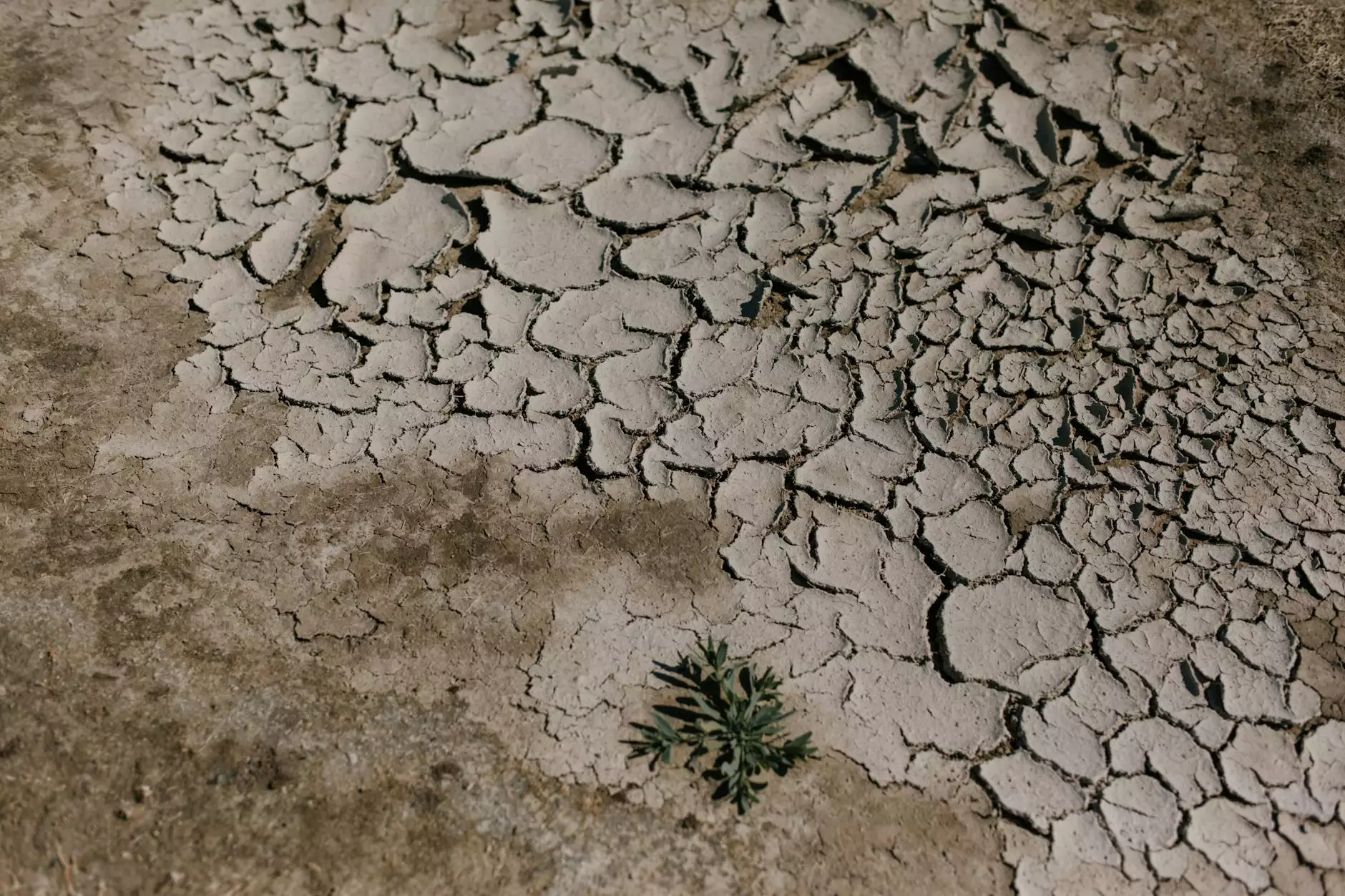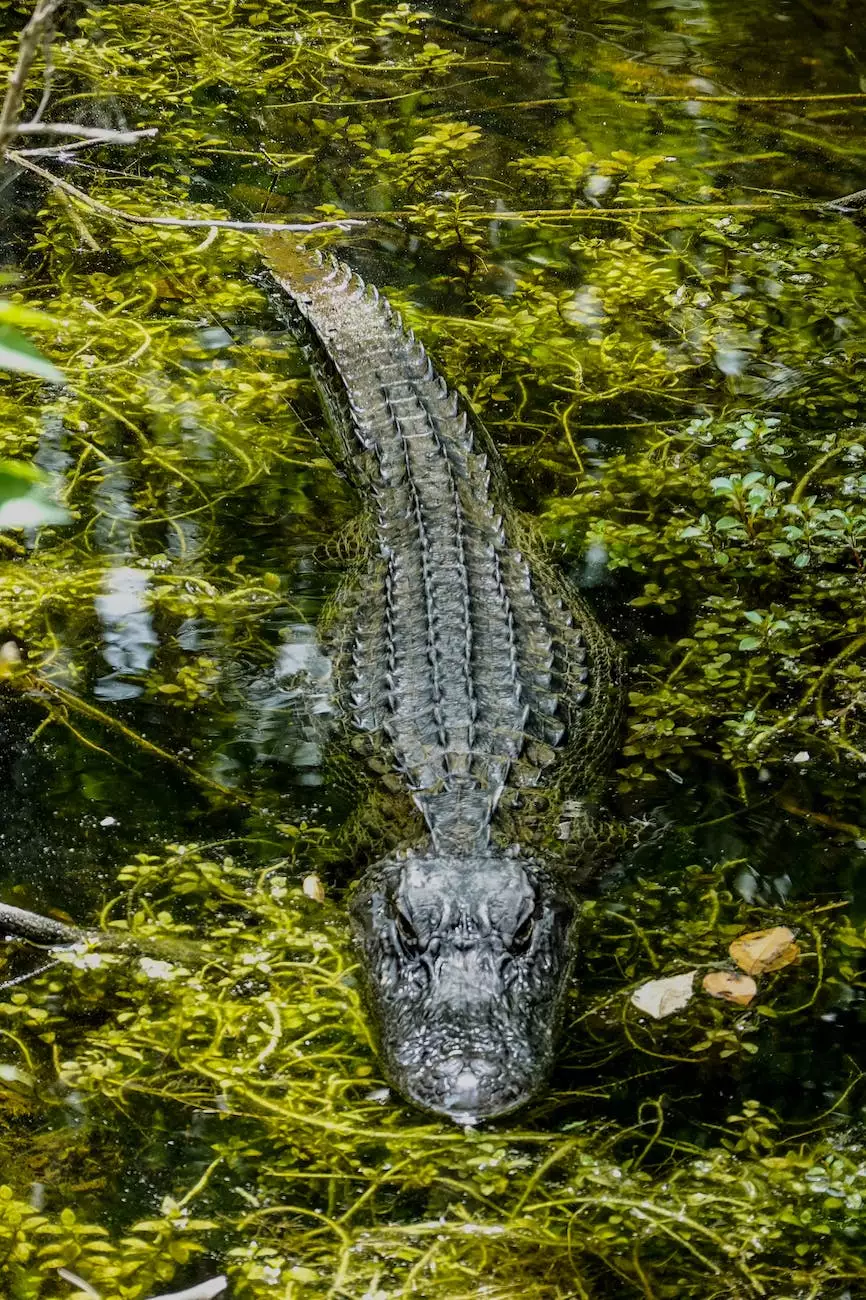What are the effects of climate change on the Florida Everglades?

As a leading provider of nature-based travel experiences in the beautiful state of Florida, Aventuras Naturales is committed to raising awareness about the impacts of climate change on the unique ecosystem of the Florida Everglades. In this article, we will dive deep into the effects of climate change on this iconic region and discuss how it affects the travel and tourism industry.
The Importance of the Florida Everglades
The Florida Everglades, often referred to as the "River of Grass," is a vast subtropical wetland ecosystem that stretches across south Florida. It is home to an incredible diversity of flora and fauna, including endangered species such as the Florida Panther and the West Indian Manatee. The Everglades also serve as an important source of fresh water for millions of people in South Florida.
1. Rising Sea Levels
One of the most significant effects of climate change on the Florida Everglades is the rising sea levels. As global temperatures rise, the polar ice caps melt, resulting in higher sea levels. This poses a direct threat to the Everglades, as it increases the salinity of the water, affecting the delicate balance of the ecosystem. Coastal plant and animal species are particularly vulnerable to this change.
2. Changes in Rainfall Patterns
Climate change also alters rainfall patterns in the Everglades. As the climate becomes more unpredictable, periods of drought and intense rainfall become more frequent. Such changes in precipitation can cause significant disruptions to the natural water flow, potentially leading to water shortages or flooding. Native plants and animals may struggle to adapt to these changing conditions.
3. Increased Heat and Temperature
The rising temperatures associated with climate change have far-reaching consequences for the Everglades. Higher temperatures can lead to increased evaporation rates, further exacerbating water scarcity. Additionally, extreme heat events can have detrimental effects on wildlife, including mass coral bleaching in coastal areas and increased stress on species populations.
4. Loss of Biodiversity
Climate change poses a significant threat to the rich biodiversity of the Everglades. The delicate balance between various plant and animal species is disrupted as temperature and precipitation patterns shift. This can lead to the loss of key habitats and the displacement of native species, ultimately impacting the overall health and resilience of the ecosystem.
5. Impact on Tourism and Recreation
Being a popular tourist destination, the effects of climate change on the Florida Everglades reverberate through the travel and tourism industry. Changes in the ecosystem and biodiversity can influence visitor experiences, affecting activities such as birdwatching, kayaking, and wildlife spotting. In addition, potential damage to infrastructure, such as elevated walkways, may reduce accessibility for travelers.
Conclusion
It is crucial to address the effects of climate change on the Florida Everglades to ensure the long-term viability of this unique natural treasure. At Aventuras Naturales, we strive to promote sustainable practices and educate our visitors about the importance of environmental conservation. By understanding the impacts of climate change on the Everglades, we can work towards preserving this invaluable ecosystem for future generations to come.










